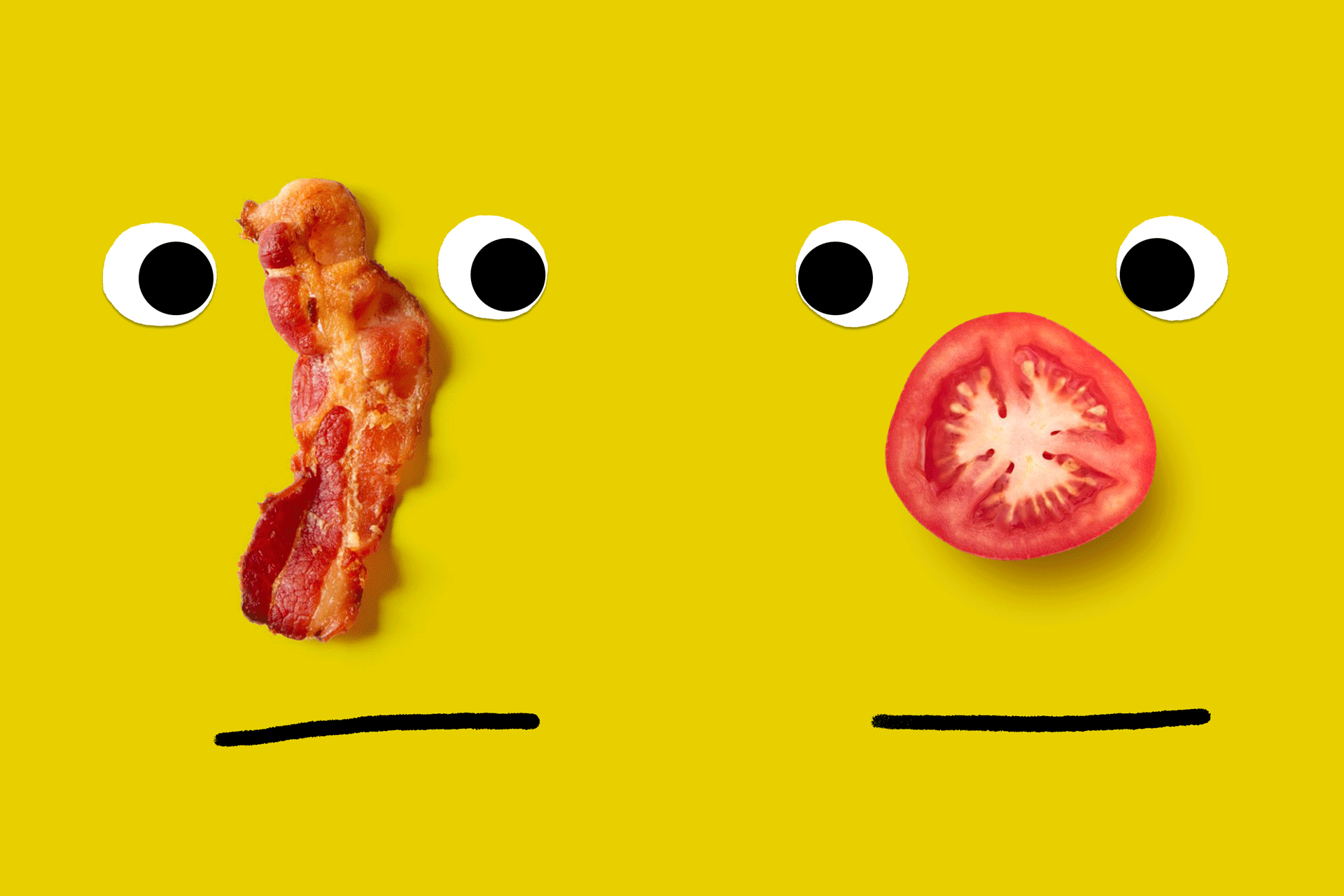Eat Drink Man Woman
- Share via
There was a time when my younger brother and I were so alike in appearance that grown-ups used to gushingly ask us if we were twins. In fact, I visited his school on one occasion and kids all over the place assumed--albeit from a distance--that I was he. (This no doubt caused him some grief because at the time I was wearing cream-colored flared pants decorated with little mirrors and embroidered flowers.)
I could’ve wrecked his reputation had this gone on--but ... things changed. His voice deepened. His chin sprouted red hairs. Then came the traumatic day when I realized he was too big to push around anymore.
I can’t say I’ve pondered overmuch on the precise hormonal and neuronal changes that were going on to make us different. But other folks have. Just last week, in fact, a gaggle of biologists gathered in Pittsburgh to present sundry findings about differences in male and female physiology they’d unearthed.
Never mind the obvious difference: These scientists, it appears, had left no physiological stone unturned. They reported on the relative aggression of male and female rats. On the precise amounts of estrogen in boar blood. On comparisons of men and women huffing and puffing away on exercise bikes at simulated 4,000-meter altitudes. On diseases that men get more often, or women get more often--on and on.
Call me frivolous, but I glossed over all this stuff and zeroed in on items pertaining to food and drink. (It was, after all, quite near dinnertime.)
I read a sober warning: that booze might be worse for women’s livers because women don’t make as many protective enzymes.
(That is totally unfair.)
Then I read that men’s and women’s bodies deal with food quite differently, according to a study by Karen Teff of the Monell Chemical Senses Center (a place where scientists probe everything from why people like spicy food to how to make pig farms smell better).
For instance, she found that when men and women merely taste fatty foods, the men start pumping out way more insulin and certain other digestive juices than do women.
What’s more, Teff noted, men rely more on a certain nerve (called the vagus nerve) to empty their stomachs. Put these two observations together, Teff suggests, and it might explain why men digest food faster than women, perhaps even why men and women in some surveys have different food preferences. Maybe it’d even explain my brother’s perplexing love of boiled white rice sprinkled with monosodium glutamate.
Men and women also differ in the way that they laugh--so we read recently in New Scientist magazine. Apparently, a researcher who makes a career out of studying such things--psychologist Jo-Anne Bachorowski of Vanderbilt University--has amassed a compendium of more than 1,000 laughter sounds. She and her colleagues got ‘em from quietly tape-recording volunteers while they watched clips from “Monty Python’s Flying Circus,” “When Harry Met Sally,” and the like. (Listen to some of her laughter sounds at https://www.psy.vanderbilt.edu/faculty/bachorowski.)
Men, Bachorowski concluded, are more likely to grunt and snort when they laugh. Women’s laughs are more apt to be pretty and songlike.
But both men and women are far more likely to laugh with sounds like “ha ha” and “huh huh” than those so-often-written-down sounds like “tee hee” or “ho ho.”
Speaking of laughter, if you want to contribute to British psychologist Richard Wiseman’s search for the world’s funniest joke, there’s still time! Wiseman, among other things, wants to see how humor varies with gender.
Wend your way to https://www.laughlab.co.uk/home.html--and give him your very worst.
*
If you have an idea for a Booster Shots topic, write or e-mail Rosie Mestel at the Los Angeles Times, 202 W. 1st. St., Los Angeles, CA 90012, rosie.mestel@latimes.com.
More to Read
Eat your way across L.A.
Get our weekly Tasting Notes newsletter for reviews, news and more.
You may occasionally receive promotional content from the Los Angeles Times.










